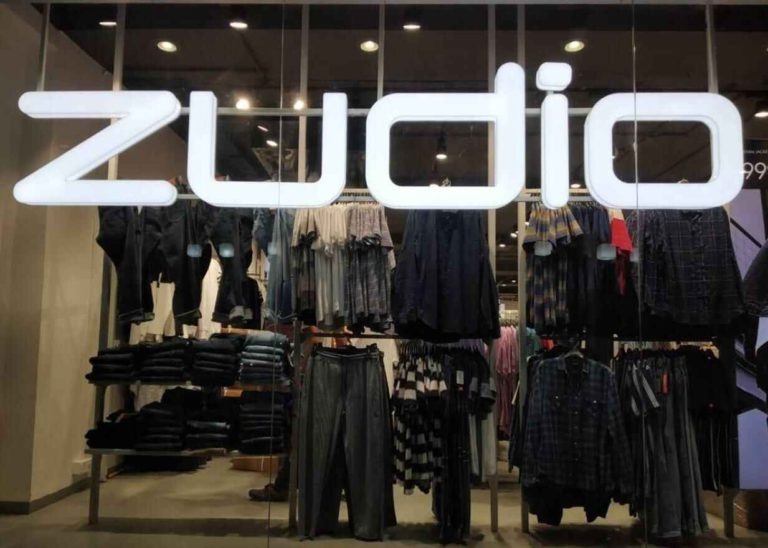Zudio, a Tata-owned venture under Trent Ltd., has taken an unconventional path to success in India’s fast-fashion market. Unlike other brands that rely on high-profile advertising or e-commerce, Zudio has chosen a more understated approach, focusing on physical retail with affordable pricing.
A Focus on Affordability and Local Appeal
Zudio stands apart by not using prominent Tata branding, allowing it to feel more local and accessible to everyday consumers. This strategy positions Zudio as an affordable, value-driven brand catering to shoppers seeking practical, stylish clothing rather than high-end fashion statements. While Tata’s other retail brands target higher-income consumers, Zudio’s focus remains on value-conscious buyers.
Pricing and Product Strategy
Zudio’s pricing strategy is simple and effective. As of FY24, 85% of its products are priced under ₹1,000, with core items typically ranging between ₹300–₹500. This affordability is a key factor in attracting young, aspirational shoppers with limited purchasing power. Zudio also mimics fast fashion trends with a quick product turnover, offering new styles every 3–4 weeks.

Expanding Without E-commerce
Zudio’s decision to forgo an online presence is a standout aspect of its strategy. With no app, e-commerce platform, or online marketplace, Zudio remains entirely offline. This approach allows the brand to maintain full control over inventory and pricing, while reaching consumers in areas with limited digital access but high foot traffic in malls. In FY25, Zudio surpassed $1 billion in revenue, thanks to its offline model and rapid store expansion.
Aggressive Expansion and Cost-Effective Model
Zudio’s parent company, Trent Ltd., has supported the brand’s aggressive growth, with plans to open 200 more stores in FY25. The brand operates with an asset-light model, combining owned and leased properties, making it easier to expand into smaller towns at lower costs. Zudio stores are reportedly profitable within 18 months, with high sales per square foot in many locations.
Potential Challenges Ahead
Despite its success, Zudio faces challenges. Analysts suggest that its offline-only model may struggle to scale as more consumers shift to hybrid shopping experiences. Additionally, the rise of competitors like Reliance’s Yousta and Shoppers Stop’s “Intune” could erode Zudio’s price-based differentiation. Critics also point to environmental concerns associated with fast fashion, an issue that may become more relevant as Indian consumers grow increasingly focused on sustainability.
Zudio’s strategy of offering affordable fashion with no frills has resonated with India’s middle class, allowing it to grow rapidly without relying on flashy marketing or e-commerce. While the brand’s future scalability remains uncertain, its ability to deliver value-driven fashion has set it apart in a competitive retail market.
